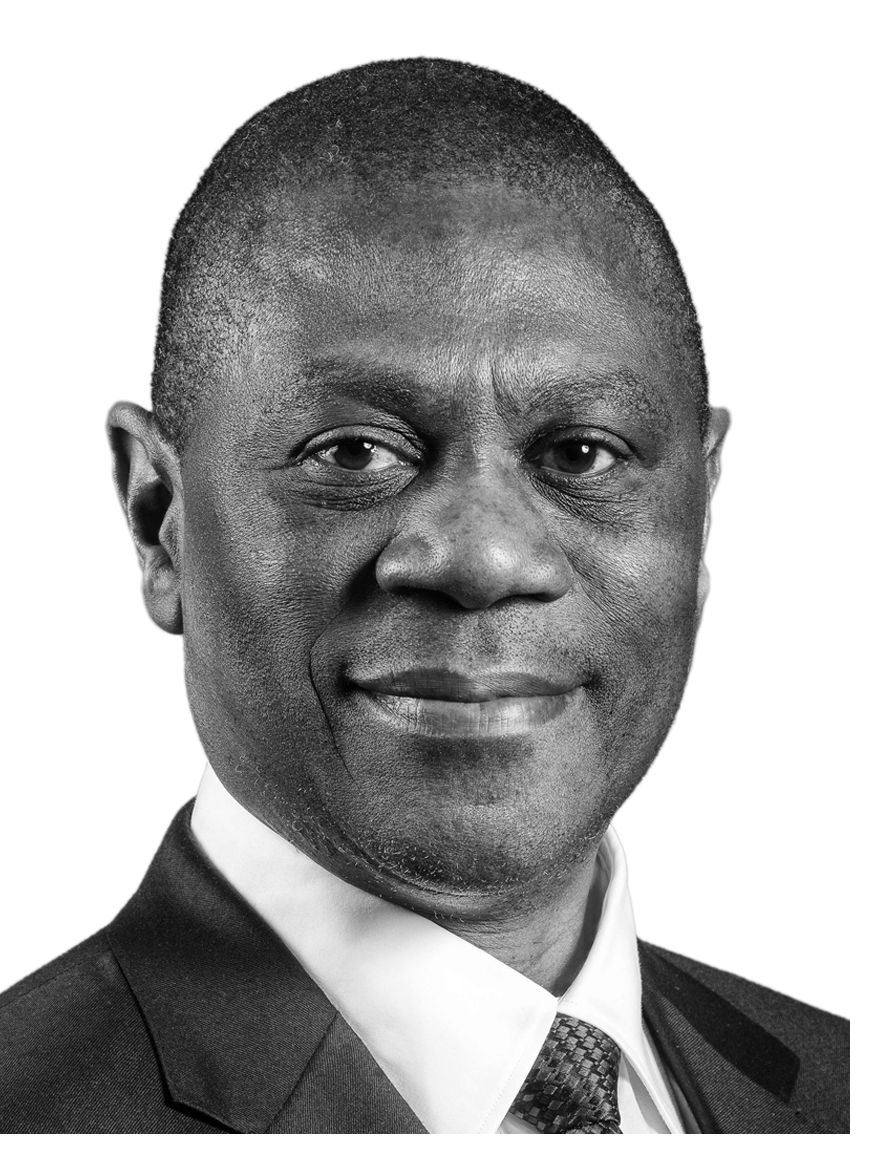My Fellow South Africans,
A new year is upon us. As we welcome the New Year, we do so with reflection, resolve, and hope.
The year behind us was not easy.
Many South Africans faced the strain of a myriad of challenges over the past year.
It is a matter of concern that many South Africans are unemployed and that poverty and inequality persist. The high cost of living has imposed huge burdens of South African households.
Many communities live in fear of gangsters. Women and children live in fear of gender-based violence and femicide.
The delivery of basic services In our cities, towns and villages are often disrupted or do not exist at all.
These are difficult and complex challenges faced by many of our people.
I acknowledge these difficulties plainly, and give assurance that your struggles are known and understood. We are continuing to take a variety of actions to address these challenges.
Our success in addressing these challenges includes working together in partnership between the government, business, labour, civil society, and every citizen committed to the future of our country.
We look back on the many initiatives we have taken to address our challenges.
On reflection we are encouraged by the emerging progress that is laying the foundation for even better progress in the year ahead. Yes much more still needs to be done.
We therefore enter the New Year with renewed hope, greater purpose and even greater confidence in the potential of our great country and its people.
We are grateful for your resilience, for the way we have stood together through difficult moments, and for a unity that remains firm.
Together, we are changing our country for the better.
Our economy is recovering.
We are working on creating more jobs, especially for young people.
Inflation has eased. The cost of living is coming down. The rand has strengthened.
South Africa’s sovereign credit rating has been upgraded for the first time in nearly two decades. This means government can mobilise funding for infrastructure investment and social development at a lower rate.
The structural transformation programme that we embarked on five years ago is showing positive progress.
Eskom’s performance, which in the recent past caused hardship to households, communities and businesses, has improved steadily. As a result, our country has gone without load shedding for many months.
More goods are being transported on our rail network and handled through our ports.
We have restored more commuter rail corridors, making it possible for more people to travel safely and affordably.
Infrastructure is one of our key priorities. We have for the first time budgeted more than R1 trillion for infrastructure investment over the next three years. This has catalysed the revitalisation of our country’s roads, port, rail, energy and water systems.
Through the Presidential Employment Stimulus, the Presidential Youth Employment Intervention and other public employment programs, we have enabled thousands of people to find opportunities to earn, learn and build livelihoods.
We have worked with the private sector to establish the Youth Employment Service that has created more than 200,000 work experience opportunities for young unemployed South Africans and is set to increase this number in the coming period.
The continuing improvement of the business environment is contributing to the improvement of our economy and job creation. Our state-owned enterprises are being strengthened and are set to play their key role in the economy.
Rooting out corruption is our overriding priority. Through the excellent work of the Special Investigating Unit, the SIU, and the Asset Forfeiture Unit we have recovered billions of stolen money.
Specialised task teams have made breakthroughs against illegal mining, kidnapping, economic infrastructure crimes and construction site extortion.
We are determined to continue to take decisive steps to clean up our law enforcement agencies. The recommendations of the Madlanga Commission will be implemented to enhance the reforms that are needed to reposition our police service and other law enforcement agencies.
This year, we launched the National Dialogue and held the first National Convention, which brought together delegates from across society to define the agenda for an inclusive, nationwide conversation about the next chapter in our democracy.
The National Dialogue continues our country’s proud tradition of holding inclusive conversations to resolve challenges, to build consensus and to chart a course for the future.
We are traversing a path we have walked before, and will be guided in the National Dialogue process by the Eminent Persons Group who will be the guarantors of the Dialogue’s inclusivity and integrity. The Steering Committee comprised of community-based representatives will steer the national consultations next year.
South Africa’s standing in the global community has been enhanced and reaffirmed by our successful hosting of the first G20 Summit ever held on African soil.
The Leaders’ Declaration adopted by the Summit articulated global commitments on inclusive economic growth, debt sustainability, climate action, food security, reform of global financial institutions, and a number of other key issues.
We can stand proud that the legacy of our G20 Presidency is that we ensured that the voice of our continent Africa and the Global South is recognised, reflected and respected.
Fellow South Africans,
Our nation is like a river fed by many streams.
We may at times diverge and differ, but we always converge like streams of a mighty river.
There may be boulders in our way, but we get around them like the flowing waters of a mighty river.
We have shown that when we work together, we overcome even the most difficult obstacles.
Our spirits have been lifted by the excellent performance of our artists, our sports people, our musicians and our writers.
We salute all who continue to proudly fly our national flag high across the world in international forums in sports, arts and culture, academia, commerce, science, medicine, the judiciary, politics, labour, trade, investment and many other endeavours.
To our young people: you are the future of our nation. Your energy, creativity and skills are vital to South Africa’s renewal and progress.
To the workers of our country, entrepreneurs, business people and professionals: your contribution drives our economy forward.
To the women of our country: you are the backbone of our nation; we honour and respect you.
To our men and women in uniform: we salute you as you perform your duty of protecting our nation.
To our civil servants: you serve the people of our country diligently and with respect.
To our doctors, nurses and other health workers: we thank you for working to heal the wounds of our people by keeping them healthy and alive.
To our public representatives: you are the guardians of our democracy.
To our traditional leaders: you are the custodians of our rich heritage and the conscience of our nation.
To the people living with disabilities: your strength and resilience gives us courage to work harder to stand by you, and ease your burdens.
To our sports men and women: you make us proud to be South African on the world sporting stage.
To our media people who cocntinue to keep the nation informed of what is happening in our country.
To our elders: your wisdom continues to guide us.
For the contribution that every South African has made in all of our people’s lives endeavours over the last year, we thank you.
Despite the challenges we face our country is getting stronger, our economy is improving. As we prepare to welcome a new year let us remain united to building the South Africa of our dreams.
I call upon the men of South Africa to respect and honour the young girls and the women of South Africa and desist from gender-based violence and fermicide.
Wherever you may be across our beautiful land, I wish you a happy and blessed new year.
May God bless South Africa and protect its people.







